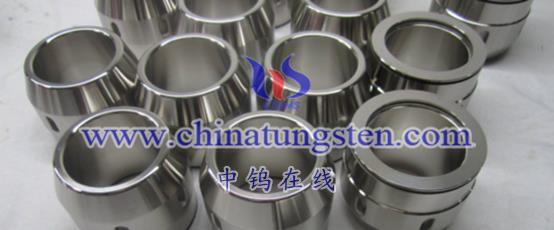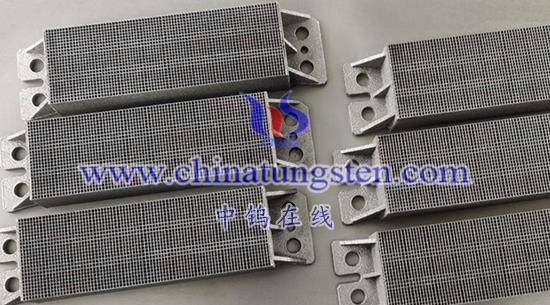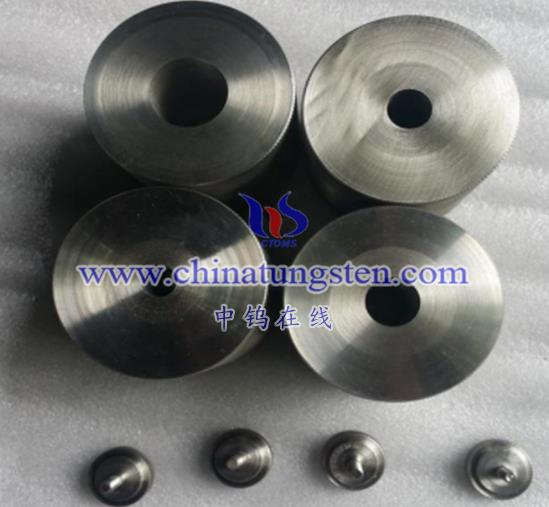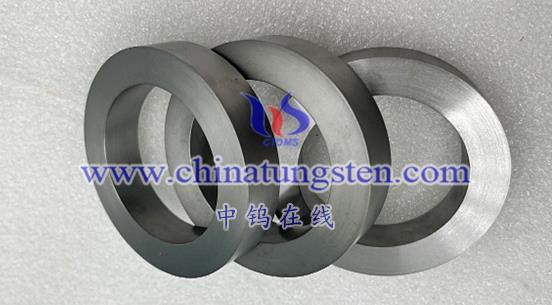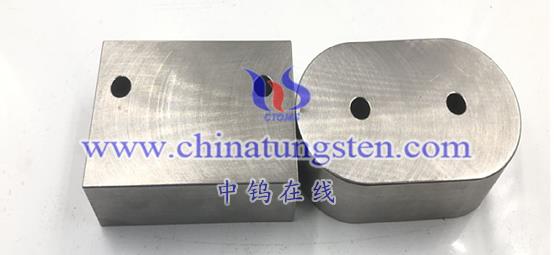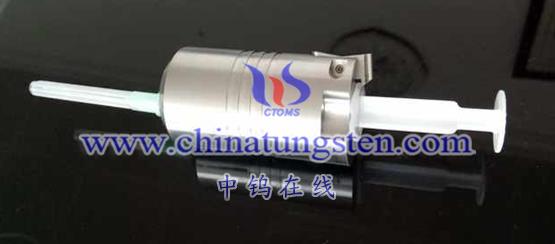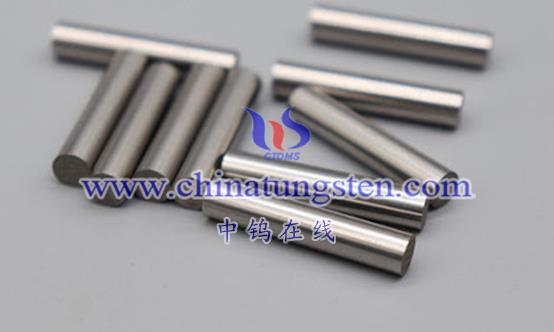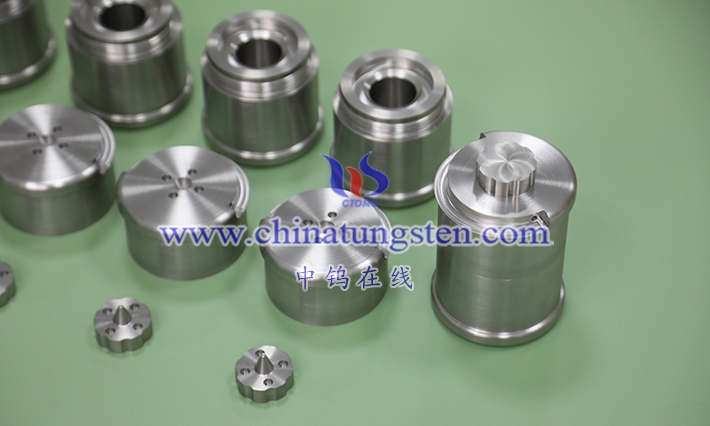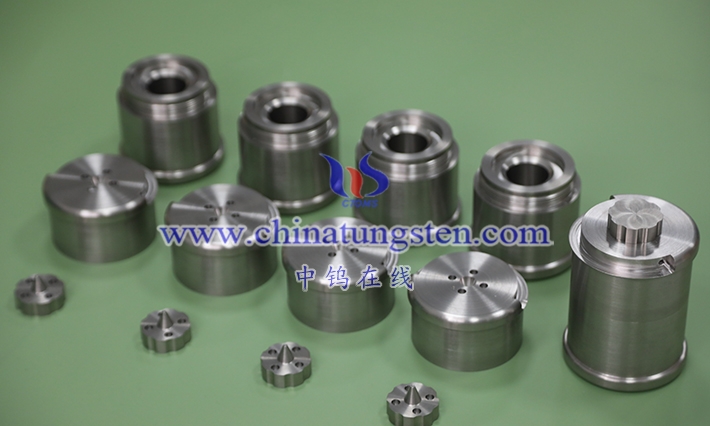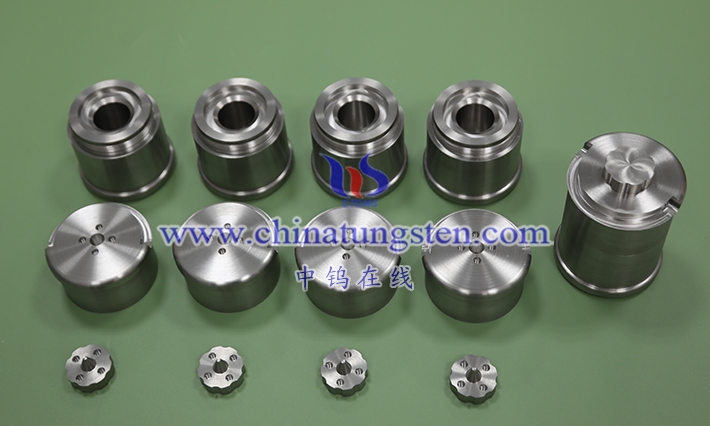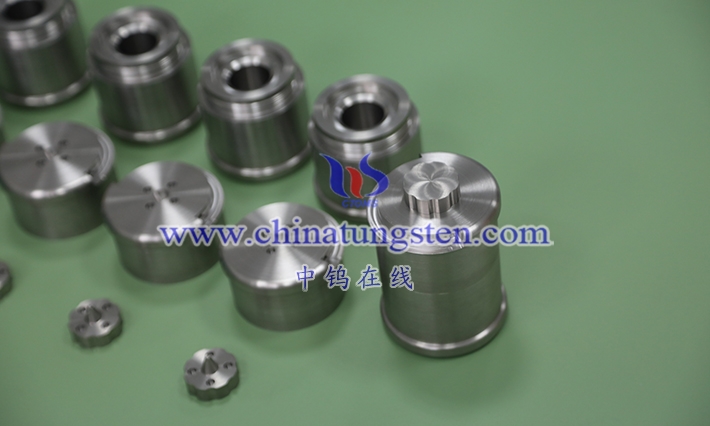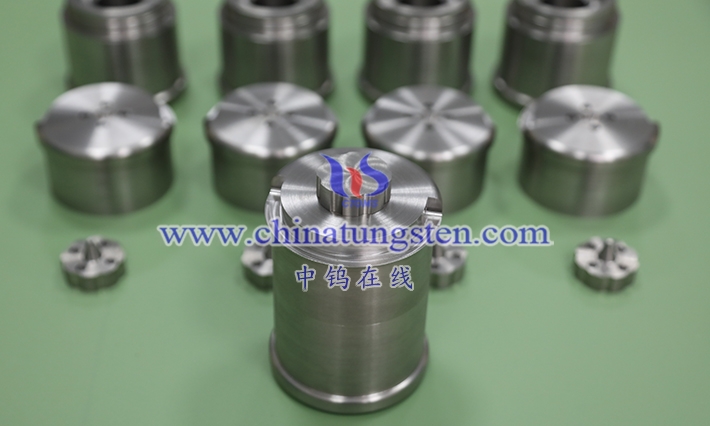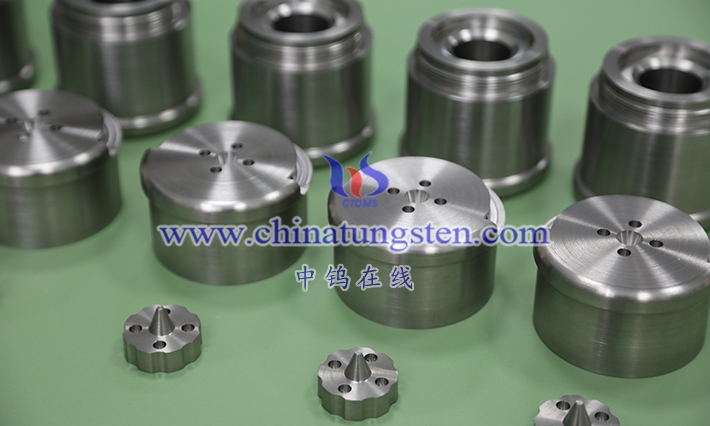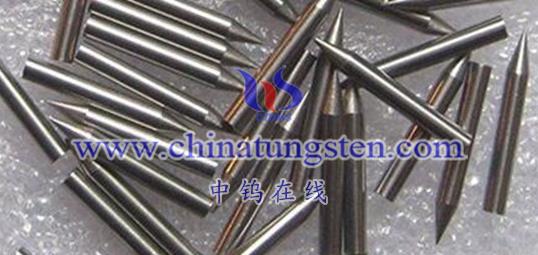
The stability of tungsten alloys in high-pressure and high-temperature environments is a complex topic involving multiple disciplines, including materials science, physics, and chemistry. In order to answer this question comprehensively and deeply, we need to explore the following aspects:
- Phase transformation behavior of tungsten alloy
The phase transformation behavior of tungsten alloy is an important factor affecting its stability in high-pressure and high-temperature environments. Phase change refers to the phenomenon that the internal structure of a material changes when it is subject to changes in external factors such as temperature and pressure. Tungsten alloys have different physical and chemical properties in different phase states. Understanding and controlling the phase transformation behavior of tungsten alloys is of great significance to improve their stability in high-pressure and high-temperature environments.
- Mechanical properties of tungsten alloy
Mechanical properties refer to the properties of materials when subjected to external forces, such as strength, hardness, toughness, etc. In high-pressure and high-temperature environments, the mechanical properties of tungsten alloys will also change. Research shows that as the temperature increases, the strength and hardness of tungsten alloys will decrease, while the toughness will increase. In a high-pressure environment, the changes in the mechanical properties of tungsten alloys are more complex and need to be evaluated based on specific experimental data.
- Thermal stability of tungsten alloy
Thermal stability refers to the ability of a material to maintain its structure and properties stable when subjected to temperature changes. Tungsten alloy has good thermal stability in high temperature environments and can maintain its physical and chemical properties basically unchanged at higher temperatures. However, under extreme temperature and pressure conditions, tungsten alloys may undergo some phase changes and chemical reactions, affecting their stability.
- Chemical stability of tungsten alloy
Chemical stability refers to the ability of a material to maintain its structure and properties stable when exposed to chemical substances. Tungsten alloy has good chemical stability and is not easy to react with common chemicals such as acids and alkalis. However, under certain specific chemical environments, tungsten alloys may undergo oxidation, corrosion and other phenomena, affecting their stability in high-pressure and high-temperature environments.
- Methods to improve the stability of tungsten alloy
In view of the problems that tungsten alloy may have in high-pressure and high-temperature environments, some methods can be used to improve its stability. For example, by optimizing the composition and preparation process of tungsten alloy, its internal structure and phase state can be improved to improve its stability and corrosion resistance. In addition, surface coating, ion implantation and other technical means can be used to surface treat tungsten alloys to improve their ability to resist high-temperature oxidation and corrosion.
In summary, the stability of tungsten alloys in high-pressure and high-temperature environments is a complex issue involving knowledge from multiple disciplines. Through in-depth research and understanding of the phase transformation behavior, mechanical properties, thermal stability and chemical stability of tungsten alloys, important theoretical support and practical guidance can be provided for their application in extreme environments. At the same time, in response to the existing problems and challenges of tungsten alloys, a series of methods and technical means can be used to improve its stability in high-pressure and high-temperature environments, and further expand its application prospects in energy, aerospace, nuclear industry and other fields.
More details of tungsten alloy product, please visit website: http://tungsten-alloy.com/
Please contact CHINATUNGSTEN for inquiry and order of tungsten alloy:
Email: sales@chinatungsten.com
Tel.: 86 592 5129595
